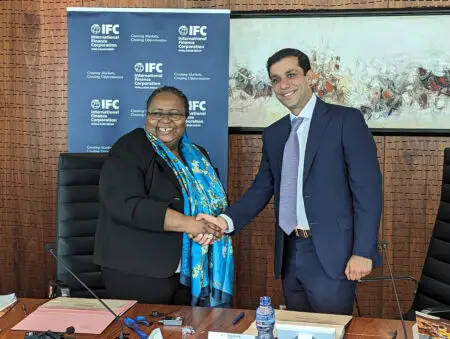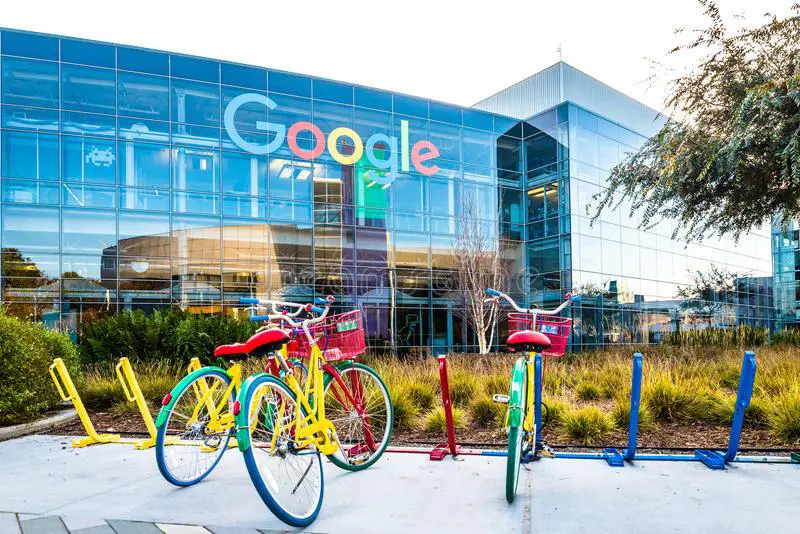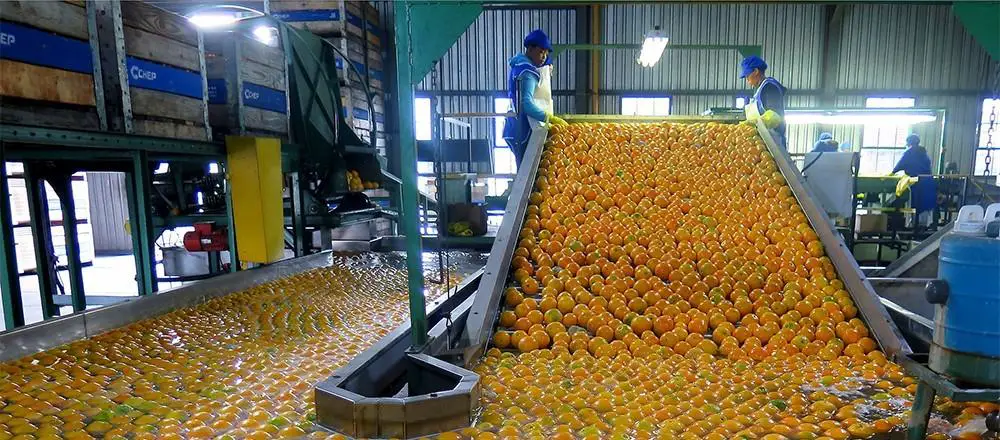- Kenya-Ethiopia Trade Relations: Legislators Advocate for Policy Alignment to Boost Ties
- Visualising the state of debt in Africa 2024
- Abu Dhabi radiates optimism as over 300 startups join AIM Congress 2024
- TLcom Capital Raises $154 million in Funding to Boost Its African Growth
- Africa’s $824Bn debt, resource-backed opaque loans slowing growth — AfDB
- LB Investment brings $1.2 trillion portfolio display to AIM Congress spotlight
- AmCham Summit kicks off, setting course for robust future of US-East Africa trade ties
- Why the UN is raising the red flag on the UK-Rwanda asylum treaty
Browsing: SMEs in Africa
- IFC and Equity Banque Commerciale du Congo (EquityBCDC), a subsidiary of Equity Group, has partnered to increase access to finance for small and medium-sized enterprises (SMEs) in the DRC and to promote economic diversification in the country.
- Under the partnership, IFC will support the expansion of EquityBCDC’s SME-lending operations through a $12.5 million risk sharing facility (RSF).
- Through the partnership, EquityBCDC aims to provide an additional 1,700 SME loans within the DRC and expand its SME portfolio from $250 million in 2021 to $631 million by 2026.
IFC and Equity Banque Commerciale du Congo (EquityBCDC), a subsidiary of Equity Group, has partnered to increase access to finance for small and medium-sized enterprises (SMEs) in the DRC and to promote economic diversification in the country.
Under the partnership, IFC will support the expansion of EquityBCDC’s SME-lending operations through a $12.5 million risk sharing facility (RSF).
IFC is also providing advisory services …
- New data now shows that over 40 per cent of Small and Medium Enterprises (SMEs) in Africa are earning more money than before the pandemic
- Mastercard indicates that 46 per cent of SMEs in Africa, Eastern Europe, and the Middle East have surpassed pre-pandemic levels
- Online business and international sales are key drivers, with seven in ten (71 per cent) recording above-global-average growth in online sales, while 77 per cent are planning to do more business internationally
Over 40 per cent of Small and Medium Enterprises (SMEs) in Africa are earning more money than before the pandemic.
New data by Mastercard indicates that 46 per cent of SMEs in Africa, Eastern Europe, and the Middle East have surpassed pre-pandemic levels.
According to the Borderless Payments Report, online business and international sales are key drivers, with seven in ten (71 per cent) recording above-global-average growth in online sales, while 77 per …
- Google has unveiled the Google Hustle Academy to train SMEs and entrepreneurs across Africa
- The Academy is a practical educational platform with interactive activities and instruction by subject experts
- It also provides access to a global network of mentors and alumni
Business training
Google has announced that 5,000 small and medium enterprises (SMEs) and entrepreneurs in Kenya, Nigeria, and South Africa will receive free training to help their business thrive via the newly launched Hustle Academy.
Google Hustle Academy is a Bootcamp-style training program designed to help entrepreneurs and small businesses owners position their businesses for investment opportunities and build viable business models for the future.
The Hustle Academy is a practical educational program with interactive activities and instruction by subject experts. It also provides access to a global network of mentors and alumni.
Business owners will undergo five days of hands-on training and receive 3,000 hours of training on …
Kenya is commonly considered to be East Africa’s financial hub. Its economic growth has increased steadily in the last decade due to significant political, structural and economic reforms. The SME sector stands out as the key driver of Kenya Vision 2030 which seeks to transform the country into a newly industrialized middle income country by 2030. SMEs are crucial in encouraging industrialization and helping to eradicate poverty by creating employment and raising income levels.
Social and Economic Benefits
SMEs complement large firms as subsidiary units; because they are more flexible they can effectively meet the needs of the market. They have a facilitative role in entrepreneurial activities across the country in both urban and rural settings, thus contributing immensely towards the socio-economic development and transformation of the country. SMEs are can ensure the achievement of sustainable development goals (SDGs), promotion of inclusive economic growth and sustainable industrialisation and fostering as …
With the effects of Covid-19 taking a toll on businesses across the globe, those operating in low income countries and specifically those in Africa have sought for more than finance to pull through.
Invest in Africa (IIA), a private sector-led initiative focused on growing local businesses and local content in Sub-Saharan Africa, has created a Covid-19 SME survival toolkit programme that helps SMEs overcome the potential damage to businesses caused by lockdowns and the ensuing economic shock.
The survival toolkit includes practical guides, solutions and recommendations to help African SMEs get through the many challenges the pandemic represents. It is also organizing a series of webinars under which SMEs can benefit from several industry advisors.
The entity has a curated list of online resources relevant to your business during this pandemic.
“Because the vast majority of businesses in Sub-Saharan Africa are SMEs, they also provide nearly all …
A report released at the African Green Revolution Forum in Accra finds that millions of small- and medium-sized enterprises (SMEs) rarely are dependent on big multinationals for their raw materials but directly rely upon millions more smallholder farmers across Sub-Saharan Africa.
The report finds that, overall, only about 20 percent of the volume of food consumed in Africa fits the conventional notion of subsistence agriculture—food consumed directly by the farming households that grow it.
“All this represents a profound turnaround from mere decades ago, ” said Dr. Thomas Reardon of Michigan State University, a lead author of the report. “There has been a ‘Quiet Revolution’ in agrifood private sector value chains linking small farmers to burgeoning urban markets and growing towns in Africa. This has spurred farmers’ participation in food and farm input markets.”
SMEs provide a range of services, from transport and logistics to the sale of inputs such …










